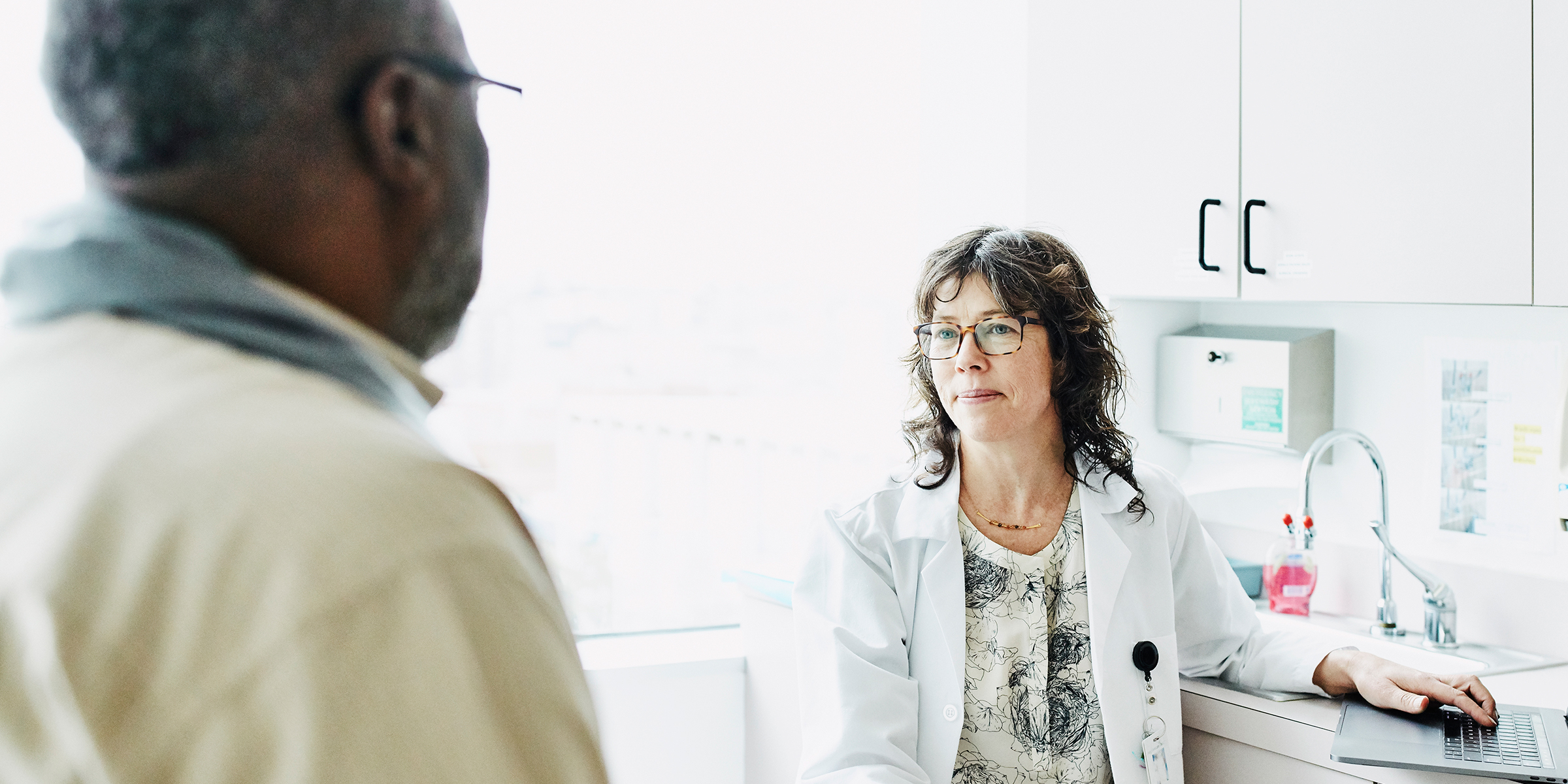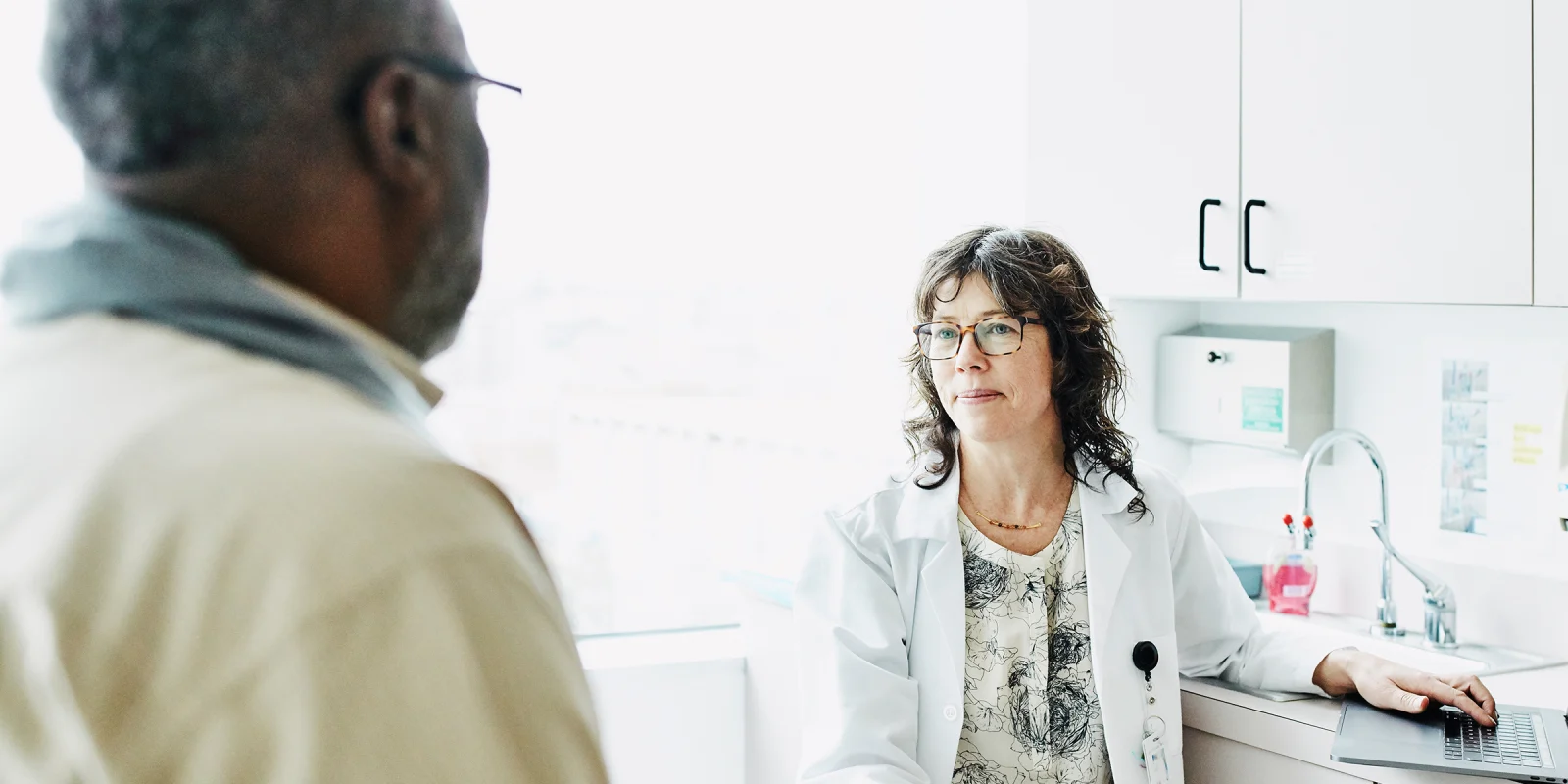
"There is a cure for HIV/AIDS, they just won’t give it to us because they want to get rid of us.”
I was working as a research assistant in Baltimore City conducting assessments on people who used drugs (PWUD) as part of a long-term project designed to reduce rates of HIV infection in PWUD. It was my first year after college and although it was the first time I heard this sentiment, it would not be the last. I had majored in philosophy with a focus on bioethics; intellectually I understood the egregious history of researchers and medical professionals towards minority populations. I could discuss the facts of the Tuskegee Study and the subsequent development of the Belmont Report and the strict regulations surrounding human subjects research that I followed every day. Despite this, I did not understand the deep-rooted impact of these injustices and just how real those fears still are to the affected populations.
In high school, I shadowed my grandfather’s general physician. Even then, I was struck by the level of trust the patients had for their doctor. The physician himself was of Chinese descent and ran a bilingual clinic in Chinatown. His patients were predominantly Chinese-American or Caucasian and they trusted him implicitly. Although the conversations differed slightly between patients, the end result was the same: his patients asked what he would recommend and followed his advice without question. This unwavering trust stood out to me even then and, looking back, it seems clear that if the physician had patients from minority groups other than his own in his practice, the relationship would not have appeared the same.
As a profession, we have not earned the trust of our patients. Although we now follow ethical research guidelines and pat each other on the back, certain that atrocities like the Tuskegee Study will not happen again, we are ignoring the long-term damage that was caused by these events and the less visible ways in which this type of discrimination and abuse is still occurring. My straight, white, English-speaking grandfather trusted his physicians to a fault. Even after accidentally combining medications that should not have been combined, resulting in his hospitalization, he moved past this error immediately and happily continued to follow his physicians’ guidance. He had the capacity to do this because he has no fundamental reason to distrust his physicians. It is not very hard to forgive and forget one mistake after a lifetime of positive interactions.
Moving on and forgetting is much harder when you and your ancestors have been hurt and your trust violated countless times. Our patients do not trust us and it is damaging their health. Patients who do not trust their providers may be less willing to follow medical advice, seek preventive care, and may wait longer before seeking treatment for cancers; why should our patients trust us when we do not trust them? Minority patients with pain are less likely to receive opioid medications than white patients — a finding that has been replicated across multiple studies. These disparities are not unique to pain and can result in significant morbidity and mortality. These are not data from decades ago before we “knew better;” this is now. A study from 2016 showed that some health care professionals still believed that there was a biological difference between Black and white patients in their ability to feel pain. Despite all our knowledge about implicit biases, our training to listen to our patients, and our awareness of health care disparities, we still discriminate against our patients.
While most of us will be quick to defend ourselves, protesting that we are in no way racist, every one of us must recognize and respond to our own implicit bias. It is these biases that play a role in these health care disparities and it is up to us as health care professionals to address these issues. Racism and discrimination is baked into the foundation of health care, from the way we are taught about race and illness in medical school curricula to the discomfort treating patients with sickle-cell anemia and the assumption that they are exaggerating their pain. Systemic change takes time, but that does not mean that there is nothing we can do to improve care for our patients. To do this takes more than just listening to the words of our patients and believing them — although we should — it is about making an effort to understand the context of those words. It is critical to acknowledge that an important way to address these issues would be by ensuring that patients have physicians who look like them. Medical schools are still overwhelmingly white and we need to do more to ensure that minority students are supported in their efforts to enter the medical field. In the meantime, there is more that we can do.
As a young, privileged white woman, I had every reason to hear the comments from my Black participants who used drugs and assume they were paranoid, but those beliefs and fears are very real and come from a legitimate place. Trust plays a vital role in our relationship with our patients, and a positive, trusting physician-patient relationship can contribute to positive outcomes, but it is crucial to recognize that it is not our patient’s jobs to earn our trust. Communication can play a pivotal role in fostering trusting relationships, and one way we can improve this is by really listening to our patients and hearing their words in the context of their experiences. As a profession, we have abused and gaslighted minority populations for decades. It is going to take time to establish trust, and it's up to us to do what we can to build that trust.
Tabitha Moses is a medical student from Michigan.







